Image Credit: ShutterStock
FBI drug bust Louisville, KY: The recent FBI operation in Louisville, Kentucky, has made headlines for its significant impact on local drug trafficking. This high-profile bust involved extensive investigations and resulted in multiple arrests and major drug seizures. Law enforcement agencies executed a series of coordinated efforts to target and disrupt a major criminal network. The operation underscores the ongoing efforts to combat drug-related crime in the community.
In a significant operation dubbed “Frozen River,” the FBI led a massive drug bust in Louisville, Kentucky, resulting in charges against 34 individuals. The coordinated effort, involving multiple law enforcement agencies including Louisville Metro Police, targeted a large-scale drug trafficking ring operating in Jefferson County. This operation marks a major blow to the illegal drug trade in the region, focusing on the distribution of dangerous substances such as fentanyl and methamphetamine.
The bust led to four separate indictments, with defendants facing a range of serious charges. Law enforcement executed numerous search warrants, seizing substantial quantities of drugs and illegal guns. The United States Attorney’s Office is prosecuting the cases, with many suspects facing potential lengthy prison sentences. As the defendants make their court appearances, this operation is expected to have a significant impact on Louisville’s drug trafficking landscape, potentially disrupting the flow of harmful substances in the community.
Operation Frozen River: FBI’s Massive Drug Bust in Louisville
Scale of the operation
Operation Frozen River, a six-month investigation, led to the indictment of 34 individuals in Louisville and southern Indiana on federal drug and gun charges. Over 350 law enforcement officers executed 15 search warrants across the area, utilizing 11 different SWAT teams. The operation resulted in the seizure of approximately 6 pounds of fentanyl, 35 pounds of methamphetamine, several pounds of marijuana, 30 firearms, one firearm suppressor, and $140,000 in U.S. currency.
Collaboration between FBI and local law enforcement
The FBI’s Louisville field office spearheaded the operation, collaborating with Homeland Security Investigations, the Internal Revenue Service’s Criminal Investigation Cincinnati field office, and the Louisville Metro Police Department. This joint effort, part of the Organized Crime Drug Enforcement Task Force, brought together the expertise of federal, state, and local law enforcement agencies to target a significant drug trafficking organization in the Louisville metro area.
Types of drugs involved
The operation focused on the distribution of fentanyl and methamphetamine. Charges included multiple counts of distributing 40 grams or more of fentanyl and 50 grams or more of methamphetamine. These substances pose a severe threat to public health, with fentanyl being particularly dangerous due to its potency and the prevalence of counterfeit prescription pills containing the drug.
Breakdown of the Four Indictments
Key figures in each indictment
The first indictment names Carl Delph, Anyelle Curtley Sr., and eight others from Louisville. The second indictment charges Phillip King Sr. and Norton Hazard. The third indictment involves Christopher Curtley and Antoyne Penick. A fourth indictment includes Thomas Gunter, Desmond Allen, and several others from Louisville and Indiana.
Charges filed
Charges include conspiracy to possess with intent to distribute controlled substances, money laundering, and firearm offenses. Specific drug charges involve distribution of methamphetamine, fentanyl, cocaine, and heroin. Some defendants face additional charges for possessing firearms as convicted felons or in furtherance of drug trafficking crimes.
Potential sentences
If convicted, the defendants face mandatory minimum sentences ranging from 10 to 15 years, with a maximum sentence of life in prison. There is no parole in the federal system, underscoring the severity of the charges and potential consequences for those involved in this extensive drug trafficking operation.
Impact on Louisville’s Drug Trafficking Landscape
Significance of the bust
The arrest of 26 individuals and charges against 34 in total marks a significant blow to Louisville’s drug trafficking scene. The operation targeted a major methamphetamine and fentanyl distribution ring, seizing approximately 6 pounds of fentanyl and 35 pounds of methamphetamine. This bust has disrupted a network responsible for distributing substantial quantities of these dangerous substances in the Louisville metro area.
Community reaction
Community members have expressed concern about the prevalence of illegal narcotics. An anonymous tip led to a separate seizure of nearly 100 pounds of methamphetamine, highlighting the community’s role in combating drug crime. Law enforcement officials emphasize the importance of citizen involvement, encouraging residents to report suspicious activities to help address the drug problem.
Ongoing efforts to combat drug crime
Operation Overdrive, launched in February 2022, employs a data-driven approach to identify and dismantle criminal drug networks in areas with high rates of violence and overdoses. This ongoing initiative, along with recent busts, demonstrates the continued efforts of law enforcement agencies to tackle drug-related crimes and violence in Louisville and surrounding areas.
Conclusion
The FBI-led Operation Frozen River has dealt a significant blow to the drug trafficking scene in Louisville, Kentucky. The arrest of 26 individuals and charges against 34 in total has disrupted a major methamphetamine and fentanyl distribution ring, leading to the seizure of substantial quantities of dangerous substances. This large-scale bust, involving multiple law enforcement agencies, showcases the ongoing efforts to tackle drug-related crimes and violence in the region.
Looking ahead, the impact of this operation on Louisville’s drug trafficking landscape is likely to be substantial. The collaboration between federal, state, and local law enforcement agencies, coupled with community involvement, points to a strong commitment to combat the illegal drug trade. As the cases move through the legal system, the potential for lengthy prison sentences for those convicted serves as a deterrent to future criminal activities, while also highlighting the serious consequences of engaging in drug trafficking.
Also Read: fathers day card ideas
FAQs
- What was the FBI drug bust in Louisville, KY about? The FBI drug bust in Louisville, KY targeted a significant drug trafficking operation, leading to multiple arrests and seizures.
- When did the FBI drug bust in Louisville occur? The operation took place on [specific date], though details may vary based on the specific incident being referenced.
- How did the FBI identify the drug trafficking operation? Investigations often involve surveillance, informants, and intelligence gathering to identify and dismantle drug trafficking networks.
- What types of drugs were involved in the bust? The bust likely involved various controlled substances, such as cocaine, heroin, or methamphetamine, depending on the operation’s focus.
- How many individuals were arrested during the FBI drug bust? The number of arrests can vary; typically, a major drug bust involves multiple individuals involved in the trafficking network.
- What were the outcomes of the FBI drug bust? Outcomes usually include arrests, drug seizures, and potential legal charges against those involved in the operation.
- Were there any significant seizures in the drug bust? Yes, significant amounts of drugs, cash, and possibly illegal firearms are commonly seized during such operations.
- How does the FBI conduct a drug bust operation? The FBI uses a combination of undercover operations, surveillance, and coordination with other law enforcement agencies.
- What impact does a drug bust have on the local community? Drug busts can reduce the availability of illegal drugs, disrupt criminal networks, and improve community safety.
- Are there follow-up investigations after a drug bust? Yes, follow-up investigations may involve tracking down additional suspects, gathering further evidence, and prosecuting those arrested.





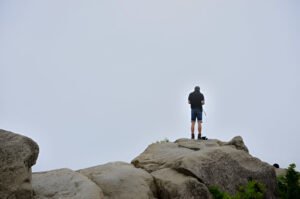
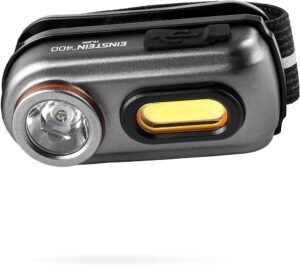


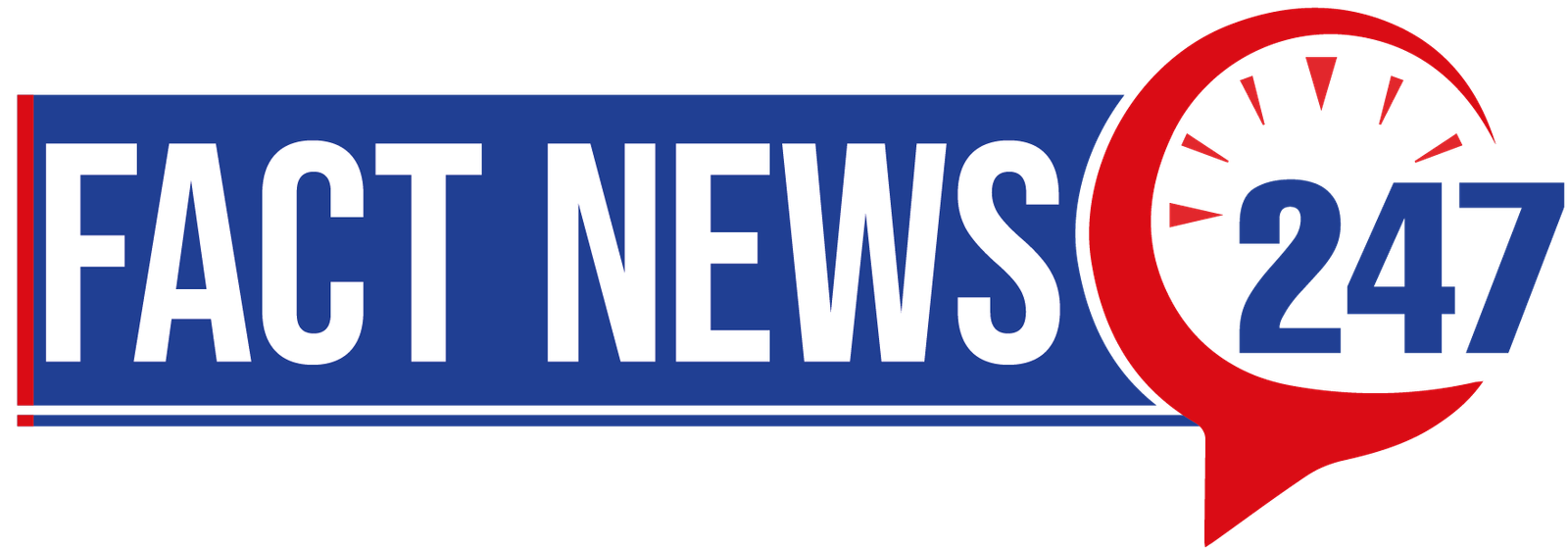
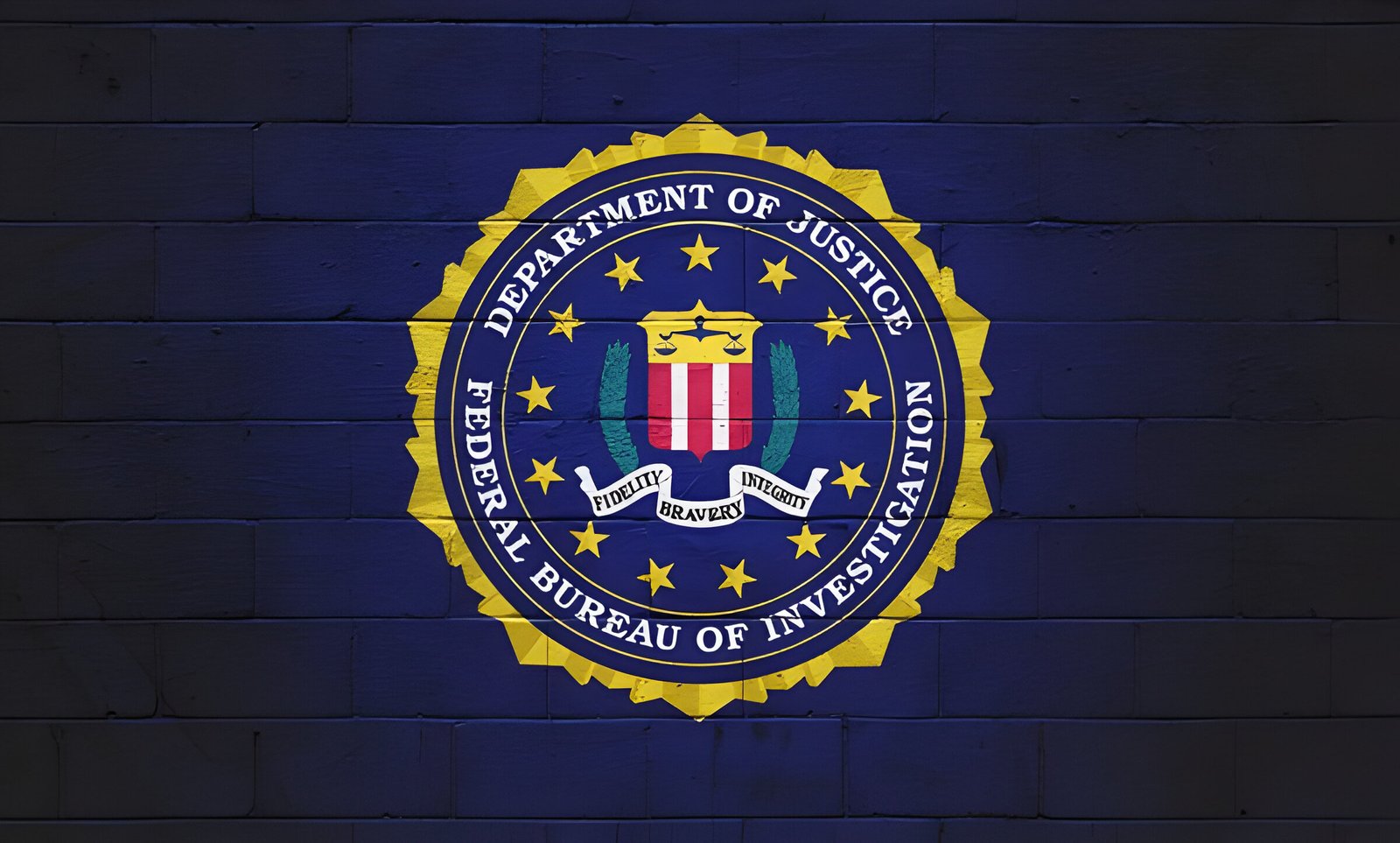











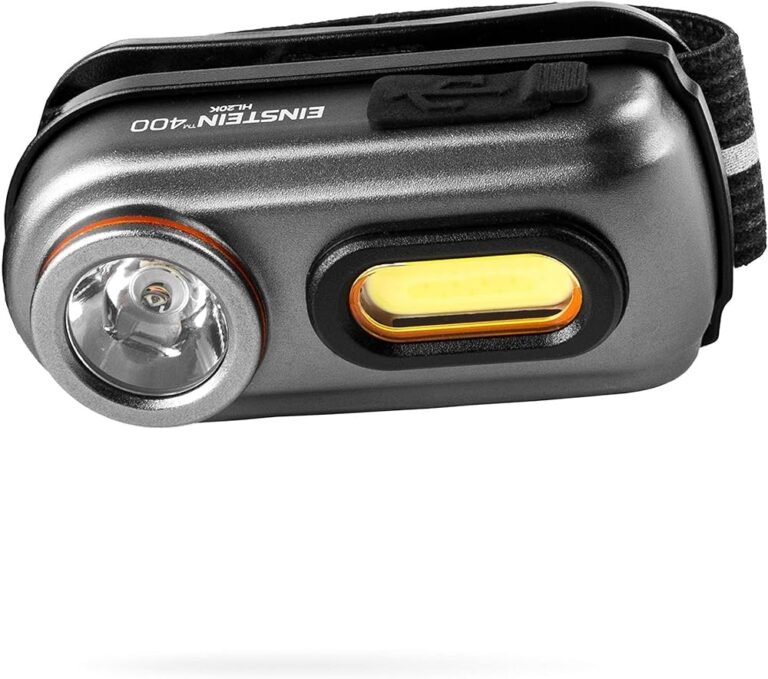

[…] […]